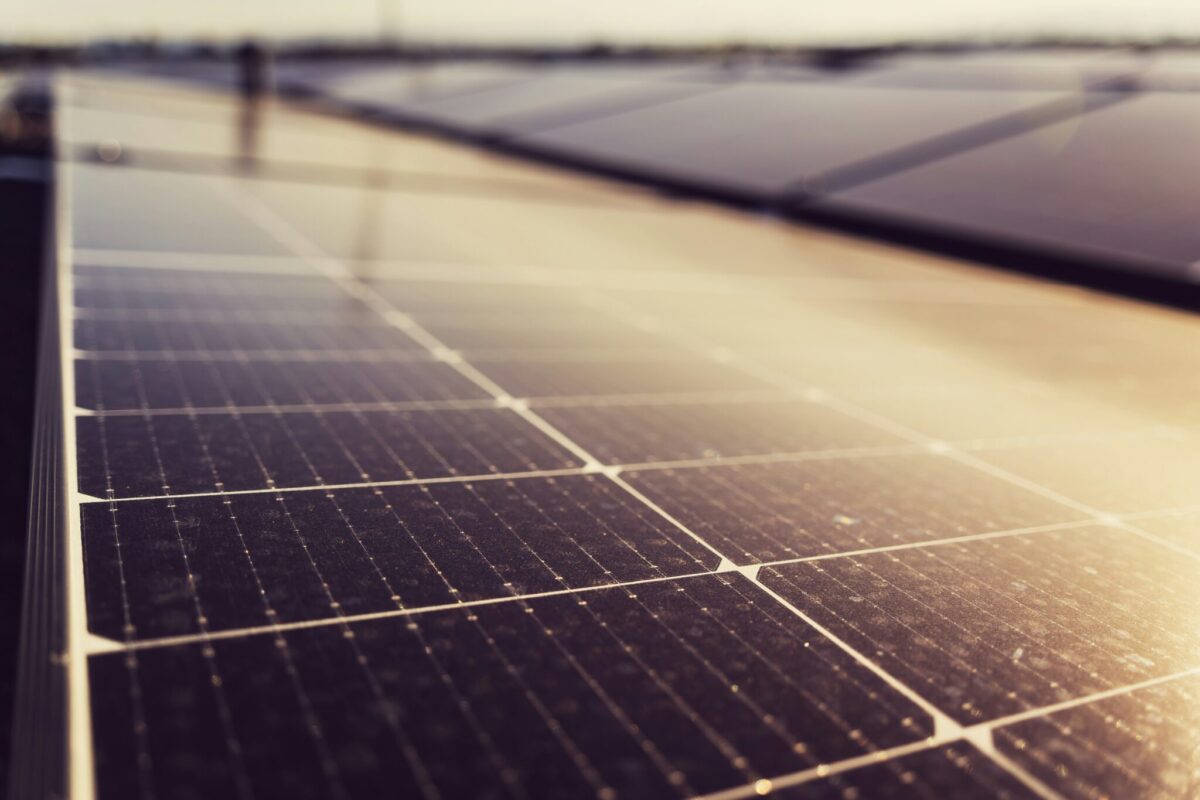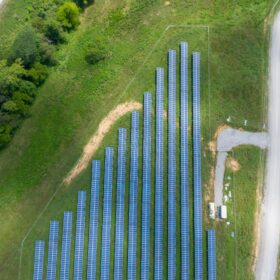Last week, pv magazine reported that Hanergy-owned Alta Devices, the world record efficiency holder for single-junction solar cells, furloughed almost all of its Sunnyvale, California staff without pay or notice. This was according to several of the almost 250 employees affected.
But the statement we just received from Charles Marino, the chief operating officer at Alta, tells a more positive story:
“I am pleased to announce that an agreement has been reached between Alta Devices and Hanergy, to allow Alta to bring in outside investors to breathe new life into the company, and to get the thin film GaAs technology leader back on track. We are encouraged by this agreement that allows us to raise funding and we know that we still have a lot of work ahead of us.”
Marino added:
“Also, it should be stated that Alta Devices has not laid off 250 employees without notice, rather the company shut down the operations while we reorganize, in parallel to seeking investor funding.”
Why Hanergy is finally consenting to new investment after months of inaction remains a mystery. Skilled employees stranded without pay or health care are going to find new jobs. The good faith of customers and vendors is going to be difficult to regain.
A source has informed pv magazine that the arsine gas (a chemical of interest to the U.S. Department of Homeland Security) that was stored for weeks in the vacant Alta building has been removed
We have reached out to Hanergy for comment but have not yet received a response.
Hanergy’s solar buying spree
As a refresher — China’s Hanergy acquired Alta Devices, a maker of GaAs solar cells, for an undisclosed amount in 2013, along with CIGS thin-film PV vendors Solibro, MiaSolé, and Global Solar Energy in a roll-up of some of last decade’s solar VC excesses.
LH Equity Research wrote at the time that the thin film acquisitions were “questionable” and made “with the sole purpose of being able to tell stories.” Solibro ceased operations last month.
Breaking efficiency records
As we reported last week, prior to its acquisition, Alta had raised more than $120 million from investors including KPCB, NEA, August Capital, Crosslink Capital, and Dow Chemical.
Alta made technical strides in flexible gallium-arsenide photovoltaics, setting records for the materials system and boasting an NREL-verified 29.1 percent cell efficiency for a single-junction solar cell without concentration. (The theoretical maximum solar cell efficiency limit for a single-junction device, the Shockley-Queisser limit, is 33.5 percent.)
Alta used an epitaxial lift-off (ELO) technique pioneered by Eli Yablonovitch that produced flexible layers of GaAs measuring 1 micron thick. The company had 150 kW of cell production capacity in Sunnyvale.
Despite its reportedly high costs, Alta was gaining customers in the unmanned aerial vehicle and space industry such as Boeing and AeroVironment and boasting annual revenue in the $10 million to $15 million range, according to a furloughed employee. Unfortunately, the burn rate was in the range of $45 million per year.
Lost wages
Alta’s 250 employees lost wages, vacation time, sick time, and expense reimbursement when the plant was closed. The U.S. WARN Act requires that an employer provide “notice 60 days in advance of covered plant closings and covered mass layoffs.” There are exceptions to the 60-day notice for “faltering companies” and “unforeseen business circumstances.
The Alta Devices story is still developing. We’ll keep you updated.
This content is protected by copyright and may not be reused. If you want to cooperate with us and would like to reuse some of our content, please contact: editors@pv-magazine.com.








By submitting this form you agree to pv magazine using your data for the purposes of publishing your comment.
Your personal data will only be disclosed or otherwise transmitted to third parties for the purposes of spam filtering or if this is necessary for technical maintenance of the website. Any other transfer to third parties will not take place unless this is justified on the basis of applicable data protection regulations or if pv magazine is legally obliged to do so.
You may revoke this consent at any time with effect for the future, in which case your personal data will be deleted immediately. Otherwise, your data will be deleted if pv magazine has processed your request or the purpose of data storage is fulfilled.
Further information on data privacy can be found in our Data Protection Policy.